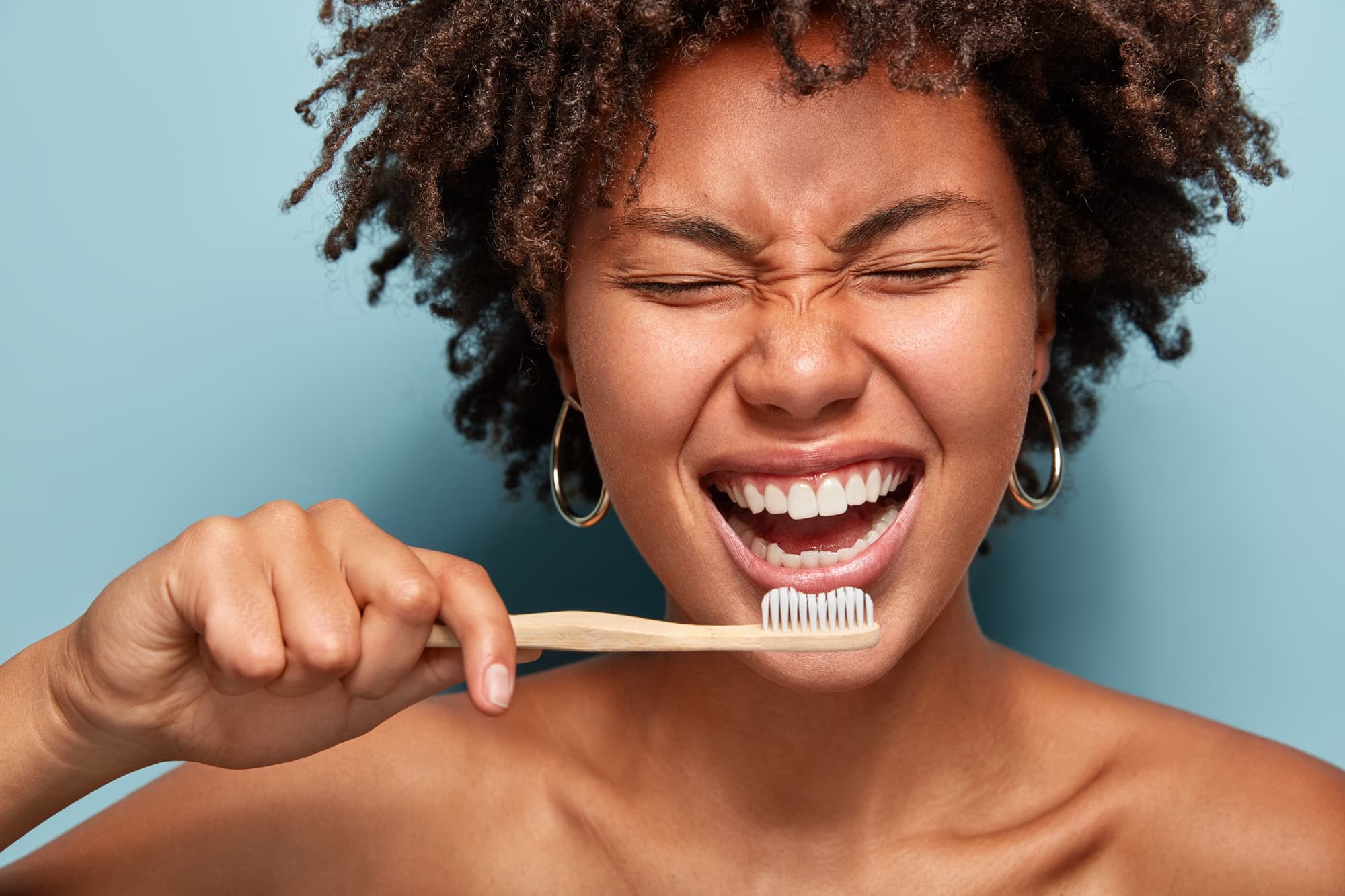Recovery Tips: How to Heal Quickly After Wisdom Teeth Removal
Recovering from wisdom teeth removal can be a daunting experience, but with the right tips, you can speed up your healing process and ease any discomfort. This guide will provide you with practical advice to help you get back to your normal routine as quickly as possible.
What to Expect After Wisdom Teeth Removal
Understanding what happens after the surgery can help you better prepare for the recovery process. Here’s a brief overview:
- Swelling and Bruising: Swelling around your cheeks and mouth is common and typically peaks within 48 hours. Bruising may also occur.
- Pain and Discomfort: Mild to moderate pain is normal and can be managed with prescribed painkillers or over-the-counter medications.
- Bleeding: Some bleeding is expected for the first 24 hours. Biting down on gauze pads can help control it.
- Dietary Restrictions: You’ll need to stick to soft foods and avoid certain items to prevent complications.

Immediate Post-Surgery Care
The first 24 hours after surgery are crucial for a smooth recovery. Follow these steps to manage your symptoms and prevent complications:
Rest and Relaxation
Rest is essential. Avoid physical activities and try to keep your head elevated using pillows. This will help reduce swelling and bleeding.
Ice Packs
Apply ice packs to your cheeks for 15-20 minutes at a time, with breaks in between. This can significantly reduce swelling and numb the area to alleviate pain.
Medication Management
Take your prescribed painkillers and antibiotics as directed by your oral surgeon. Do not skip doses, as this can hinder your recovery and increase the risk of infection.
Avoid Smoking and Alcohol
Smoking and alcohol can delay healing and increase the risk of complications. Avoid these for at least 72 hours post-surgery.
Managing Pain and Swelling
Pain and swelling are the most common side effects of wisdom teeth removal. Here are some effective ways to manage them:
Over-the-Counter Pain Relievers
Non-prescription pain relievers like ibuprofen or acetaminophen can help manage pain and reduce inflammation. Always follow the recommended dosage.
Saltwater Rinse
After the first 24 hours, rinse your mouth gently with a warm saltwater solution. This helps keep the surgical site clean and promotes healing. Mix 1/2 teaspoon of salt in a cup of warm water and rinse 2-3 times a day.
Elevate Your Head
When lying down, keep your head elevated using pillows. This helps reduce swelling and bleeding by preventing blood from pooling in the surgical area.
Dietary Recommendations
What you eat after wisdom teeth removal can significantly impact your recovery. Follow these dietary tips for optimal healing:
Soft Foods
Stick to soft foods that require minimal chewing. Examples include:
- Mashed potatoes
- Yogurt
- Applesauce
- Smoothies
- Soups (make sure they are not too hot)
Hydration
Drink plenty of fluids to stay hydrated, but avoid using straws. The sucking action can dislodge the blood clot and delay healing.
Avoid Certain Foods
Steer clear of foods that are:
- Hard or crunchy (chips, nuts)
- Spicy
- Acidic (citrus fruits, tomatoes)
- Hot (temperature-wise)

Oral Hygiene Tips
Maintaining good oral hygiene is crucial to prevent infection and promote healing. Here’s how to keep your mouth clean without disturbing the surgical site:
Gentle Brushing
Brush your teeth gently, avoiding the surgical area. Use a soft-bristled toothbrush, and be cautious not to disturb the stitches or blood clots.
Mouthwash
Avoid using commercial mouthwashes that contain alcohol, as they can irritate the surgical site. Stick to the saltwater rinse mentioned earlier.
Avoid Spitting
Spitting can dislodge the blood clot and lead to a painful condition known as dry socket. Instead, let the water fall out of your mouth naturally when rinsing.
Recognizing Complications
While most people recover without issues, it’s important to recognize the signs of complications and seek medical attention if necessary. Watch out for:
- Severe Pain: If your pain worsens instead of improving, it could be a sign of dry socket or infection.
- Excessive Bleeding: Persistent bleeding that doesn’t subside with pressure could indicate a problem.
- Fever: A fever may be a sign of infection and should be addressed immediately.
- Pus or Discharge: Any unusual discharge from the surgical site should be evaluated by your oral surgeon.
Follow-Up Care
Attending your follow-up appointment is crucial for ensuring proper healing. Your oral surgeon will check the surgical site, remove any stitches if necessary, and address any concerns you may have.
When to Resume Normal Activities
Most people can return to their normal activities within a few days, but it’s important to listen to your body and not rush the process. Avoid strenuous activities for at least a week to prevent complications.
Conclusion
Recovering from wisdom teeth removal can be a smooth process if you follow the right tips and take good care of yourself. By managing pain and swelling, adhering to dietary recommendations, and maintaining good oral hygiene, you can speed up your recovery and get back to your normal routine in no time. Remember to stay vigilant for any signs of complications and attend your follow-up appointments for the best outcome.
By following these wisdom teeth removal recovery tips, you’ll be well on your way to a quick and comfortable healing process.
Contact Legacy Dental
If you have further questions about your recovery process or need personalized guidance after your wisdom teeth removal, don’t hesitate to reach out to Legacy Dental. Our skilled team in Boynton Beach, FL, is here to support you every step of the way. Whether you require additional post-operative care or have concerns about your healing, we’re just a call away. Contact us today to schedule your follow-up appointment or to discuss any needs you may have. Your comfort and health are our top priorities!



